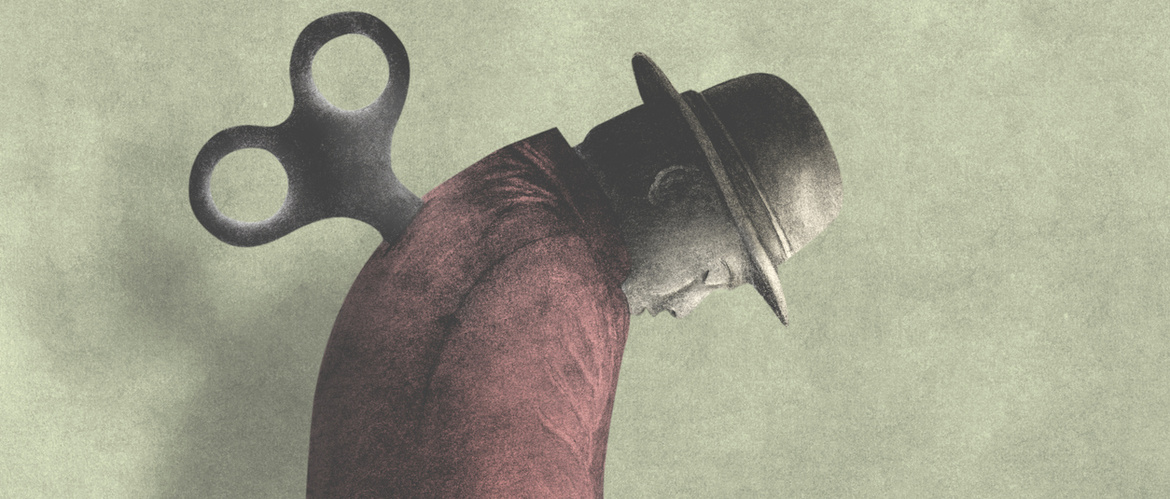
Choose a channel
Check out the different Progress in Mind content channels.

Progress in Mind

Anhedonia is common in schizophrenia as well as major depressive disorder, but it is complex, subtly different between indications, and difficult to study objectively. That is the rationale behind a new research consortium which aims to develop a panel of tasks to cast light on abnormalities in reward-related behavior across therapy areas.
The strength with which someone squeezes a handgrip may seem like a trivial task, but it is one that seems sensitive to differences between patients and healthy controls as a measure of how well they match effort to reward.
When the reward for gripping the device hard (90% of maximum strength) was only ten cents per trial, more patients than healthy controls chose a hard grip. But when the reward was 40 cents, the reverse was true: fewer patients than controls chose to grip the device hard.
Difficulties in relating effort to size of reward may be a feature of schizophrenia
Although both patients and controls were more likely to grip the device hard when the reward for doing so increased, the relationship between effort and reward was less strong among people with MDD and schizophrenia than among participants with no mental health problem.
Behavioral differences implicate different neurotransmitters
This potentially revealing result – which replicates an earlier finding in people with schizophrenia1 -- comes from a collaborative study carried out by researchers at the Universities of Maastricht, Thessaloniki, Frankfurt-am-Main and Barcelona as part of the Reward Task Optimisation Consortium (RTOC).
Abnormal reward processing could be a target in drug development
Relative lack of flexibility on the Grip Effort Task may span MDD and schizophrenia, but there are probably also subtle differences between disorders in reward processing and the experience of pleasure, and these may relate to different neurotransmitter systems, Gerald Dawson (of RTOC) told an EPA 2021 Ask the Expert Session.
One suggestion is that in MDD the primary deficit is in the strength of hedonic experience itself – related to altered GABA and opiate function – while in schizophrenia the main problem lies in impaired reward or goal representation, implicating altered dopamine function, Dr Dawson said.
Subtle differences may reflect deficits in GABA or opiate or dopamine systems
Mania may reflect lack of sensitivity to loss
The Consortium is also investigating a working memory and reinforcement task which requires subjects to learn the relationship between different shapes and levels of reward. Functional MRI has been used to show how prefrontal cortex working memory interacts with the dopaminergic reinforcement learning system when rewards received differ from those that subjects predicted.2
The wider hope is that reward processing tasks will provide standardized, objective and quantifiable measures of anhedonia and impaired motivation. These can then be used in clinical trials of drugs in development for depression and schizophrenia but also, for example, bipolar disorder where – in the manic phase – the problem may be a relative lack of sensitivity to loss, Dr Dawson suggested.
Our correspondent’s highlights from the symposium are meant as a fair representation of the scientific content presented. The views and opinions expressed on this page do not necessarily reflect those of Lundbeck.
1. Reddy LF et al. Schizophr Bull 2015; 41: 1045-1054
2. Collins AGE et al. J Neuroscience 2017; 37: 4332-4342